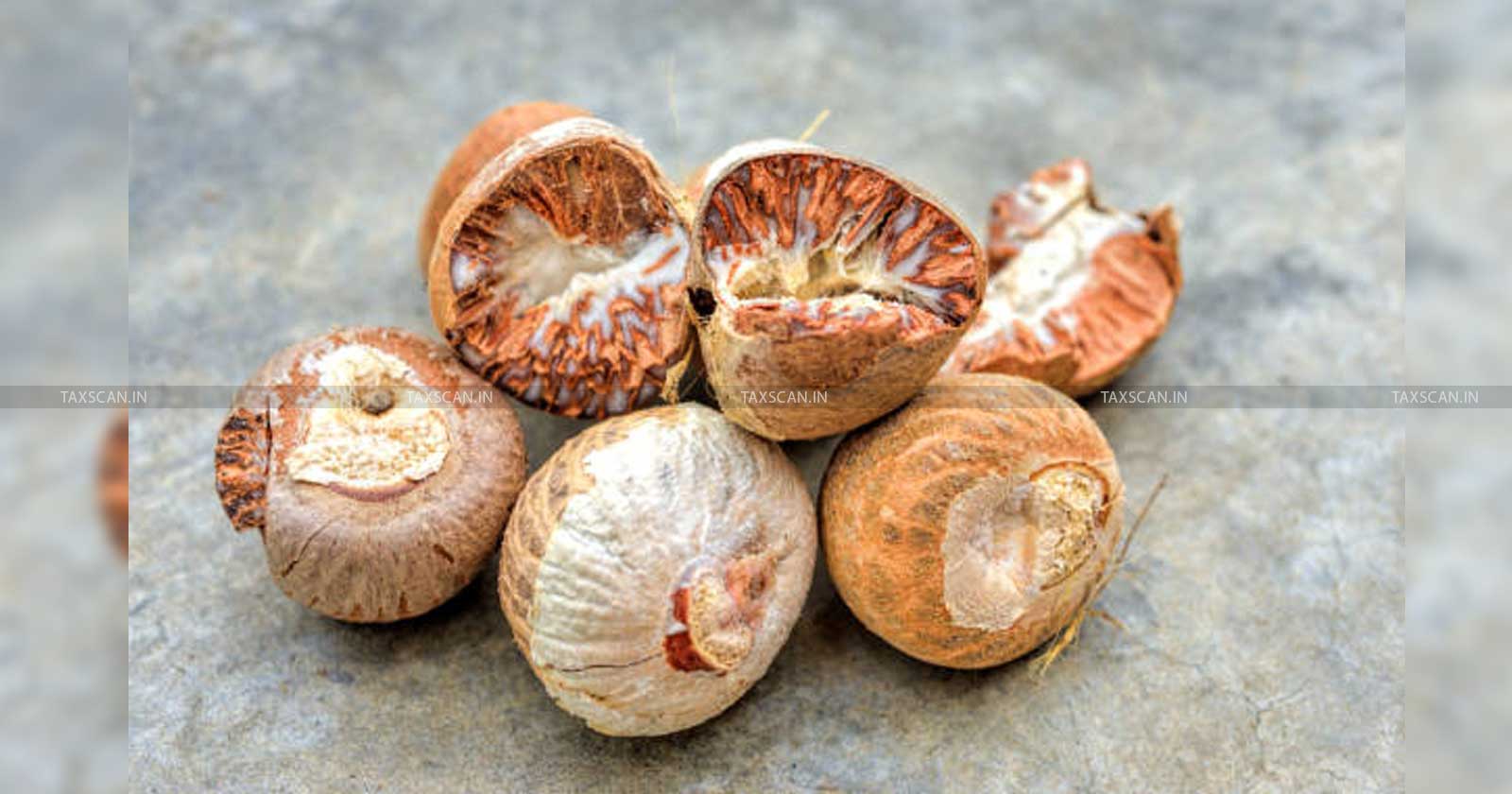Madras HC directs to Verify Certificate of Origin to Validate Import of Areca Nut [Read Order]
The Court observed that if the respondents are directed to complete the verification process expeditiously and by enabling clearance against a bond if verification is not completed within the specified time limit.

Madras HC – Areca Nut – Madras HC directs to Verify Certificate of Origin – Certificate of Origin – Import of Areca Nut – taxscan
Madras HC – Areca Nut – Madras HC directs to Verify Certificate of Origin – Certificate of Origin – Import of Areca Nut – taxscan
The Madras High Court directed to verify the certificate of origin to validate the import of areca nut. It should be recognized that areca nuts have a limited shelf-life and the risk of contamination and deterioration of goods increases over time.
M/s.Radha Industries, the petitioner challenged the conditions imposed on the provisional assessment of Bill of Entry No.6570809 and sought a consequential direction for the unconditional release of goods imported under the above-mentioned Bill of Entry.
The petitioner is an importer of areca nuts. According to the petitioner, areca nuts were imported from Sri Lanka under Bill of Entry No.6570809 on 24.06.2023. Under the free trade agreement between India and Sri Lanka, it is stated that these goods are exempt from customs duty. For purposes of availing of such exemption, the petitioner states that a certificate of origin is required to be produced and that the petitioner produced such certificate of origin from the Department of Commerce, Sri Lanka. On the alleged ground that the certificate may not be genuine, the petitioner states that onerous conditions were imposed when the goods were provisionally assessed.
The petitioner invited my attention to the certificate of origin and pointed out that the said certificate of origin contains a QR Code. Consequently, when a request was made for the issuance of a verification certificate, the High Commission of Sri Lanka refused to do so by pointing out that the QR Code can be verified in real time.
According to counsel, verification is not supposed to be undertaken on a mechanical basis and the circular dated 17.08.2021 of the Central Board of Indirect Tax and Customs specifies that it is not necessary to verify the origin of goods imported from the same manufacturer/producer unless the subsequent consignment was modified about manufacturing or other origin related conditions.
It was observed that in all cases the importer was permitted to clear the goods without providing a bank guarantee. Similarly, counsel submitted that the petitioner may be permitted to clear the goods subject to the provision of a bond but without insisting on a bank guarantee.
Mrs R. Hemalatha, senior standing counsel, submitted that the Directorate of Revenue Intelligence (DRI) had noticed that certificates of origin to imports from Sri Lanka were being fabricated. Consequently, it was decided that such certificates of origin would be subject to scrutiny before the relevant goods were cleared for home consumption.
Further submitted that provisional assessment was undertaken in terms of Section 18 of the Customs Act, 1962 (the Customs Act) and that clause (c) of sub-section (1) thereof enables further enquiry even in cases where the importer has produced all the necessary documents. By referring to Section 28DA of the Customs Act, counsel pointed out that sub-sections 4 and 5 thereof also enable verification and release of goods subject to furnishing by the importer of security for an amount equal to the difference between the duty provisionally assessed and the preferential duty claimed.
The admitted position is that the Bill of Entry was issued on 24.06.2023. As such, more than six months have lapsed since the goods were brought into India. However, there is nothing to indicate that the petitioner indulged in manipulation of the certificate of origin relating to the present Bill of Entry or any other bill of entry. It should be recognized that areca nuts have a limited shelf-life and the risk of contamination and deterioration of goods increases over time.
By taking into consideration the revenue interest in ensuring that duty exemption is not availed of, except in genuine cases, and the petitioner's concern that the goods be cleared expeditiously, an appropriate balance should be struck.
A single bench of Justice Senthil kumar Ramamoorthy observed that if the respondents are directed to complete the verification process expeditiously and by enabling clearance against a bond if verification is not completed within the specified time limit.
The first respondent is directed to conclude the verification within a maximum period of thirty days from the date of receipt of a copy of this order. If the certificate is found to be genuine upon such verification, the goods shall be released without insisting on payment of duty. On the other hand, if the certificate is found to be not genuine, it is open to the respondents to take further action by law.
To Read the full text of the Order CLICK HERE
Support our journalism by subscribing to Taxscan premium. Follow us on Telegram for quick updates


